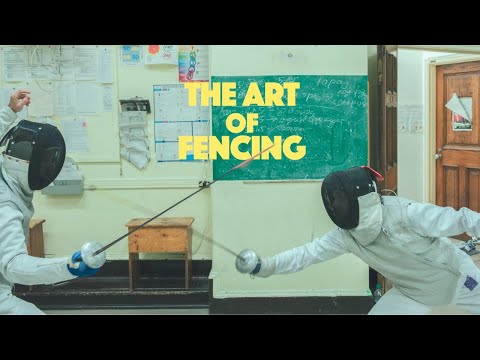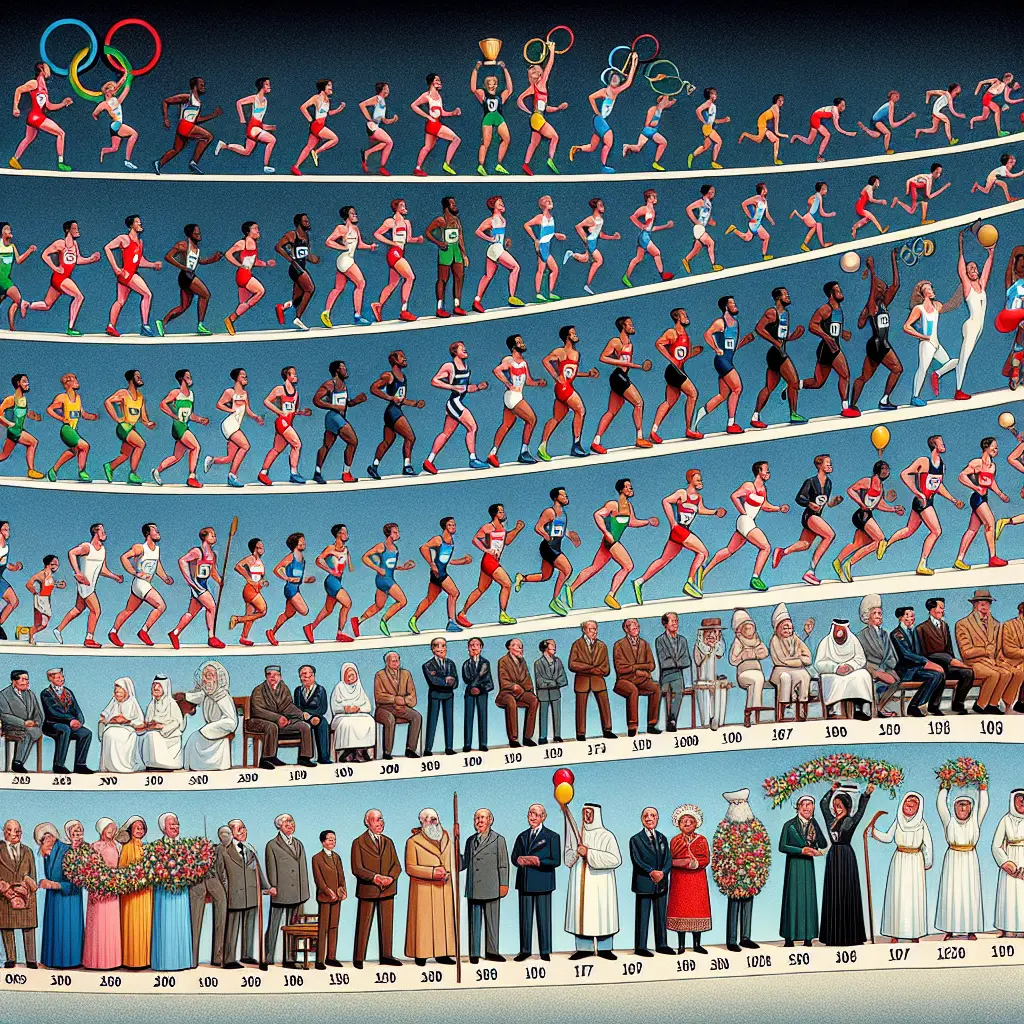From ancient Greece to the modern era, the Olympic Games have long been a symbol of human achievement, perseverance, and the relentless pursuit of fairness in sport.
When we think about the Olympics, we often envision athletes from all walks of life coming together to compete at the highest level, representing not just their countries but also the ideals of equity and sportsmanship. Yet, as history shows, the journey toward true equality in sports has been anything but straightforward—especially for women.
The Historical Struggle for Women's Place in the Olympics
Women's participation in the Olympic Games is a relatively recent phenomenon. In ancient Greece, where the Olympics began, women were barred entirely—not only from competing but even from spectating in some cases. It wasn't until 1900 that women first appeared at the modern Olympics, participating in just a handful of events. Since then, female athletes have worked tirelessly to earn their place on teams, secure funding, and break records on tracks, fields, rinks, and courts around the world.
Their accomplishments have been nothing short of inspiring. From setting world records to winning gold medals, women have demonstrated that determination and talent know no gender.
Present-Day Challenges: Fairness in Competition
However, the quest for equality in sports is far from over. Today, new debates have emerged around fairness in girls' and women's competitions—an issue that resonates deeply with the Olympic spirit of fair play. One recent letter from Maine highlights the ongoing concern: young female athletes, after years of hard work and dedication, sometimes face competitors with distinct physical advantages. This scenario can be disheartening for girls who strive to improve their performance, only to see their efforts overshadowed by factors beyond their control.
Advocacy and Equity: Supporting Girls in Sports
The situation described in Maine is not unique—it mirrors a global conversation about inclusion, biology, and competitive equity. The Olympic Games themselves have wrestled with these complex questions, striving to balance inclusivity with the integrity of competition. In recent years, governing bodies have developed guidelines for athlete eligibility, yet passionate debate persists.
At the local level, advocates like Rep. Laurel Libby have stepped up to address these challenges. Their work aims to ensure that girls have a fair chance to compete, succeed, and feel that their efforts are valued. Supporters argue that standing up for equitable opportunities is essential—not just for individuals but for the broader progress of women in sports.
Key points in this advocacy include:
Ensuring level playing fields: Recognizing biological differences and developing fair policies.
Protecting young athletes' morale: Encouraging continued participation by fostering a sense of possibility and achievement.
Championing dialogue: Inviting open, respectful conversations about how best to honor both inclusivity and fairness—a hallmark of Olympic ideals.
Lessons from the Olympic Spirit
The Olympic Games serve as a powerful reminder that sports are more than just contests of strength or speed—they are a reflection of society’s values. As we witness athletes breaking barriers and pushing boundaries, it is crucial to ensure that the foundational principles of fairness and equity remain at the forefront.
Every generation faces its own set of challenges when it comes to achieving equality in athletics. By looking to the past and engaging thoughtfully with present-day issues, we can strive for solutions that honor both tradition and progress—just as the Olympics themselves have evolved over time.
Let us remember: The spirit of the Olympics thrives when every athlete—regardless of gender—has an equal opportunity to chase their dreams and celebrate their victories.
For those interested in reading more about the ongoing conversation regarding fairness in girls' sports and recent advocacy in Maine, you can find further details here: Laurel Libby is fighting for Maine girls.
Keep striving for gold—on the field, on the track, and in life. Until next time, may the Olympic spirit guide us toward fairness for all.








Leave a Comment